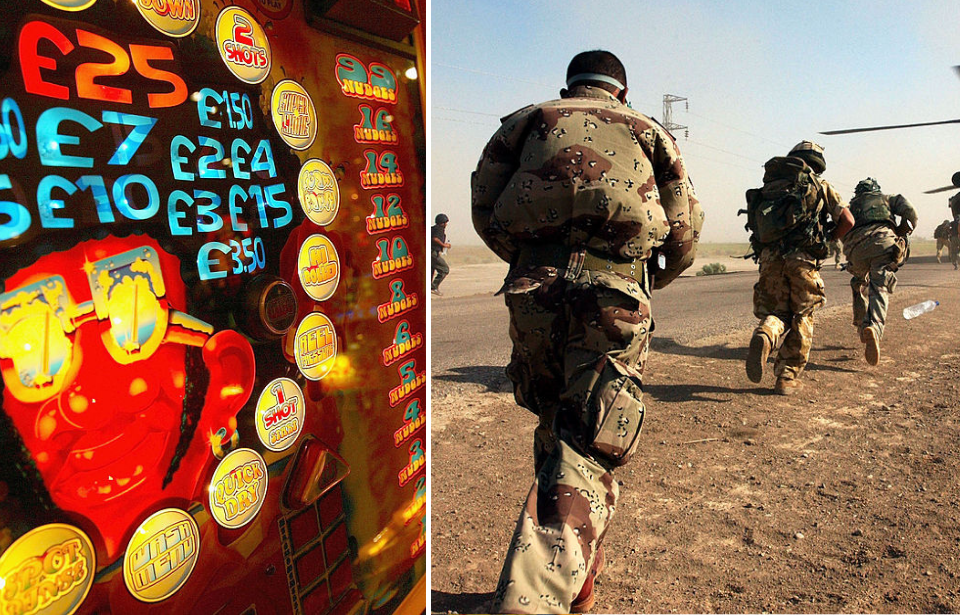A new study published in the journal BMJ Military Health has found UK Armed Forces veterans are 11 times more likely than the general public to be addicted to gambling. Given the findings, the study’s authors have concluded that “gambling is a growing public health issue.”
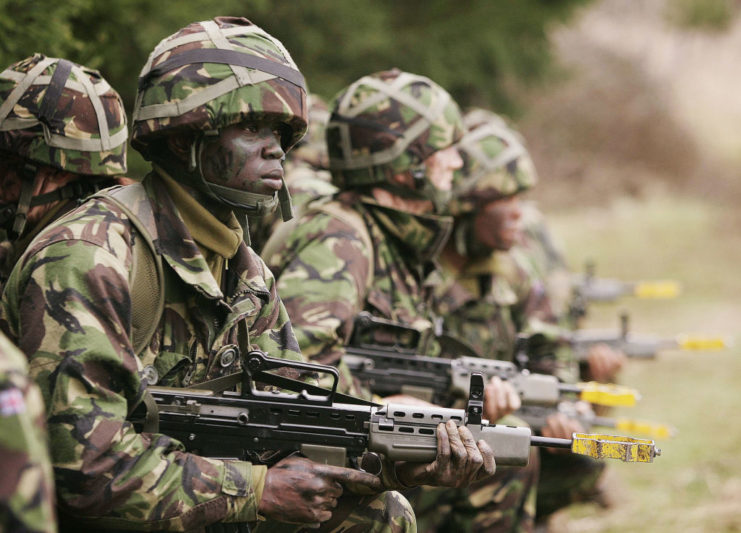
The study was conducted by researchers from Queen’s University Belfast and the University of Swansea, and is the first UK-wide study of the correlation between ex-service members and gambling addiction. A call-to-action was sent out for participants and 5,147 responses were received. Of those, 2,185 were included in the final analysis: 1,037 veterans and 1,148 non-veterans.
The study found UK Armed Force veterans are 10.8 times more likely than the general population to become addicted to gambling and 43 percent of veterans have experienced a gambling problem, as opposed to just 6.5 percent of civilians. 67 percent of non-veterans were able to gamble without issue, compared to just 38 percent of veterans.
Additionally, veterans reported higher use of healthcare services, including visits to GPs, hospital stays and contact with social workers, on top of use of gambling support and alcohol and substance abuse services. They also “had greater contact with criminal justice services” and spent nearly twice the amount of time off sick from work – an average of 32.7 hours – compared to non-veterans.
Compared to the average of £806 in debt held by the general public, veterans have around £1,375.
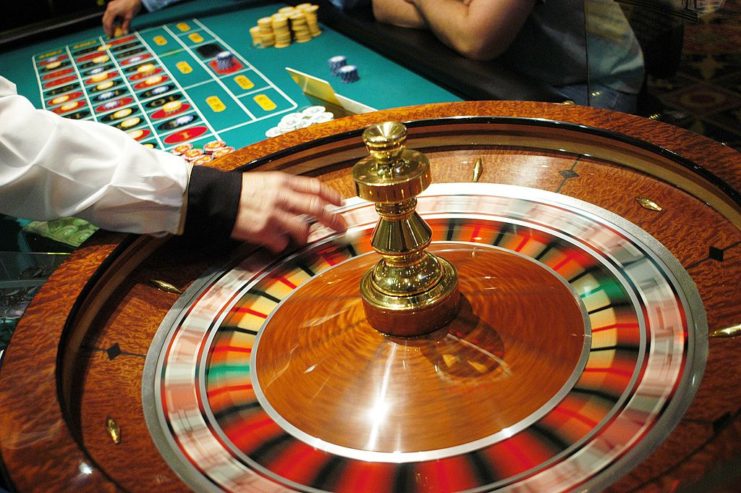
The questionnaire examined each person’s quality of life in regards to their health, use of health services, their mental health and areas such as debt and benefits. Participants were asked to provide personal details like their marital status, ethnicity, work hours and educational attainment, among other information. Veterans were also asked to provide details about their military service, including length of deployment.
Of the 2,185 people involved, the majority were males between the ages of 30 and 39. Forty to 50 percent were married, and over two-thirds were employed.
The primary objective of the study was to look into people’s gambling habits over the past year, including sports betting, use of online gambling, casino games and slot machines. To gauge the economic and social costs of problem gambling among veterans, researchers looked directly at the differences in social service provisions and healthcare use between them and a sample of the general population.
If respondents said they gambled, they were asked to complete a second questionnaire called the Problem Gambling Severity Index. A score of zero indicated no problem, while a score of eight or higher showed there was a gambling issue.
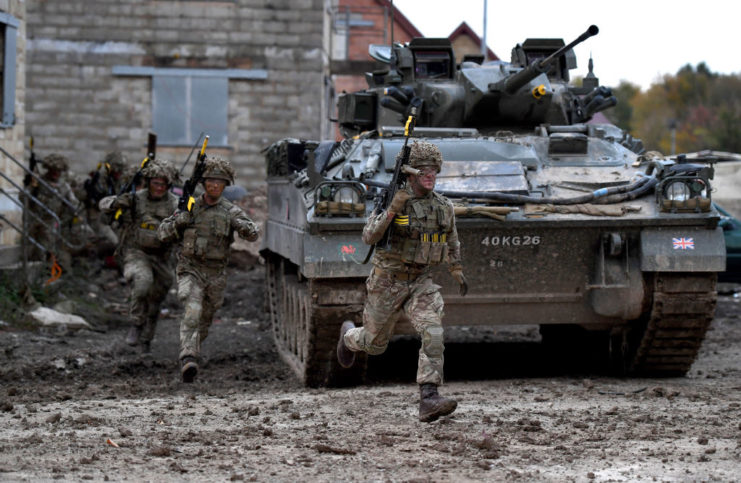
Research has shown that gambling is associated with job loss, debt, poor health, criminal behavior, relationship breakdown and disrupted education. It’s estimated the habit costs the UK around £1.67 billion annually. As such, the study’s authors suggest there is enough “economic cause” to introduce a screening process to pick up on gambling habits in veterans. While ex-service members undergo routine mental health assessments after deployment, these tests don’t evaluate gambling.
“The study has clearly identified a problem, so we must now address the reasons veterans experience problem gambling, and support those who suffer the consequences,” said Justyn Rees Larcombe, co-author of the study. Following a successful career in the Army, he lost £750,000 in three years after developing an addiction to online gambling.
“I got addicted to the thrill of online gambling and it nearly destroyed my life. I don’t want others to suffer as I have,” he added.
“This is the first study to explore the social and economic impact of gambling among UK ex-service personnel, and our findings are consistent with the international body of work, which finds that veterans are at greatest risk of harm,” said Simon Dymon, lead author of the study. “We need to undertake routine screening for gambling problems among the UK Armed Forces, to reduce the stigma associated with help-seeking, and ensure that those who need confidential help and support receive it.”
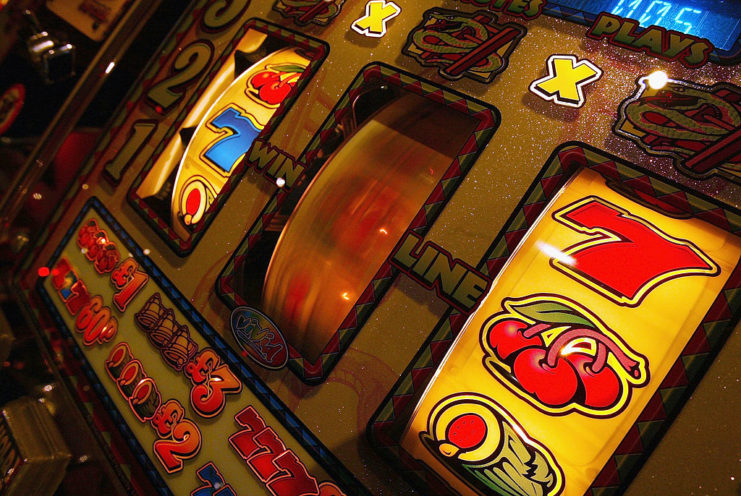
It should be noted this study is observational and therefore can’t establish cause. Despite this, researchers suggest the gambling problems veterans face are likely related to their military service, which is “known to be associated with greater physical and mental health needs.”
